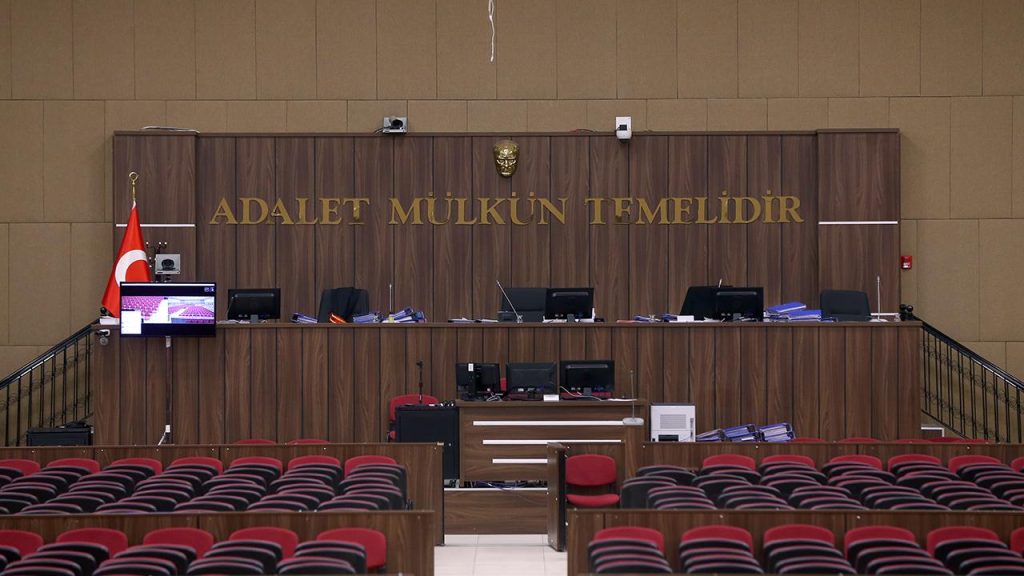The trial of Irına Franzen, who is accused of “intentional homicide,” began at the 6th Heavy Penal Court in Bursa with the demand of life imprisonment. The families of the victim, Turan Döner, as well as their lawyers, were present at the hearing. The prosecutor repeated his previous argument, requesting a prison sentence of up to 18 years for the defendant for “intentional homicide under unjust provocation.”
The family of the victim expressed that their complaints still persist and demanded punishment for the defendant. In her final statement with the help of a translator, Franzen expressed her love for the victim and claimed that she did not intend to harm Turan. She stated, “I did not want to harm Turan. I had no intention of killing or harming him. I am very remorseful.”
The court announced its decision, initially sentencing the defendant to 18 years in prison for “intentional homicide under unjust provocation” and later reducing the sentence to 15 years after applying discretionary reduction. The incident took place on August 26, 2023, in Yeşil Mahalle, Çelebi Mehmet Boulevard in the Yıldırım district of Bursa, where Irına Franzen, a citizen of Kazakhstan, fatally wounded her boyfriend, restaurant owner Turan Döner, with a knife at home.
Upon arrival at the scene, Bursa police and medical teams determined that Döner had died and arrested Franzen, who was later taken into custody. Franzen’s claims of regret and love for the victim were considered during the trial, but the court ultimately found her guilty of committing intentional homicide. The family of the victim continues to seek justice for the loss of their loved one, affirming that their pain still persists despite the court’s decision to convict Franzen.
The case has sparked debate and discussions about domestic violence and the legal system’s approach to such cases in Turkey. The outcome of this trial raises questions about the adequacy of the existing laws and measures in place to prevent and address acts of violence within relationships. The case serves as a reminder of the importance of addressing the root causes of violence and providing adequate support to victims to prevent similar tragedies from occurring in the future.
As the legal proceedings continue, the families of both the victim and the defendant are left to grapple with the aftermath of the tragic incident. The court’s decision brings a sense of closure to the case, but the emotional wounds inflicted by the loss of a loved one are unlikely to heal easily. The case serves as a sobering reminder of the devastating impact of violence on individuals and communities, highlighting the urgent need for effective prevention and intervention strategies to address such issues in society.


